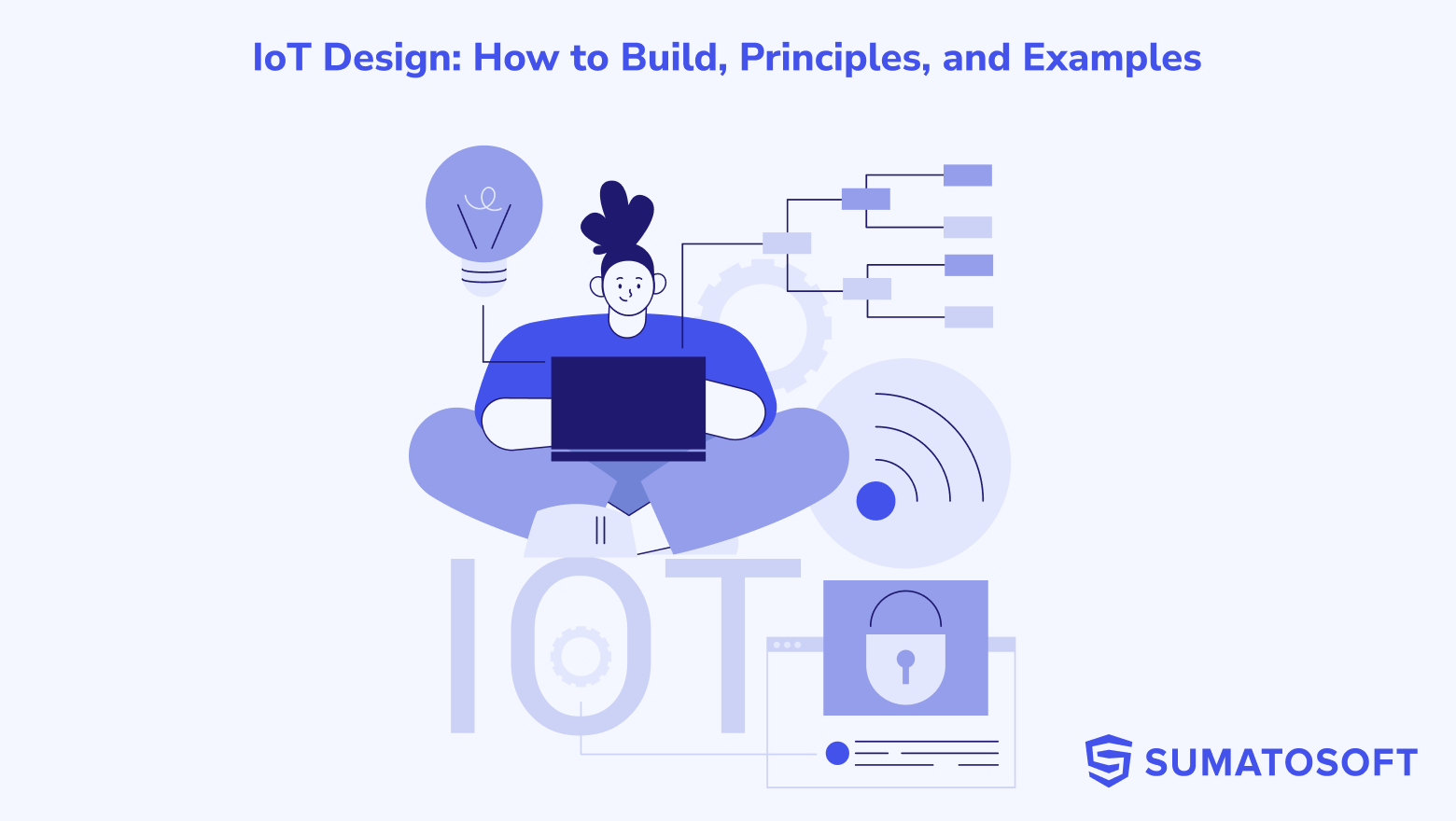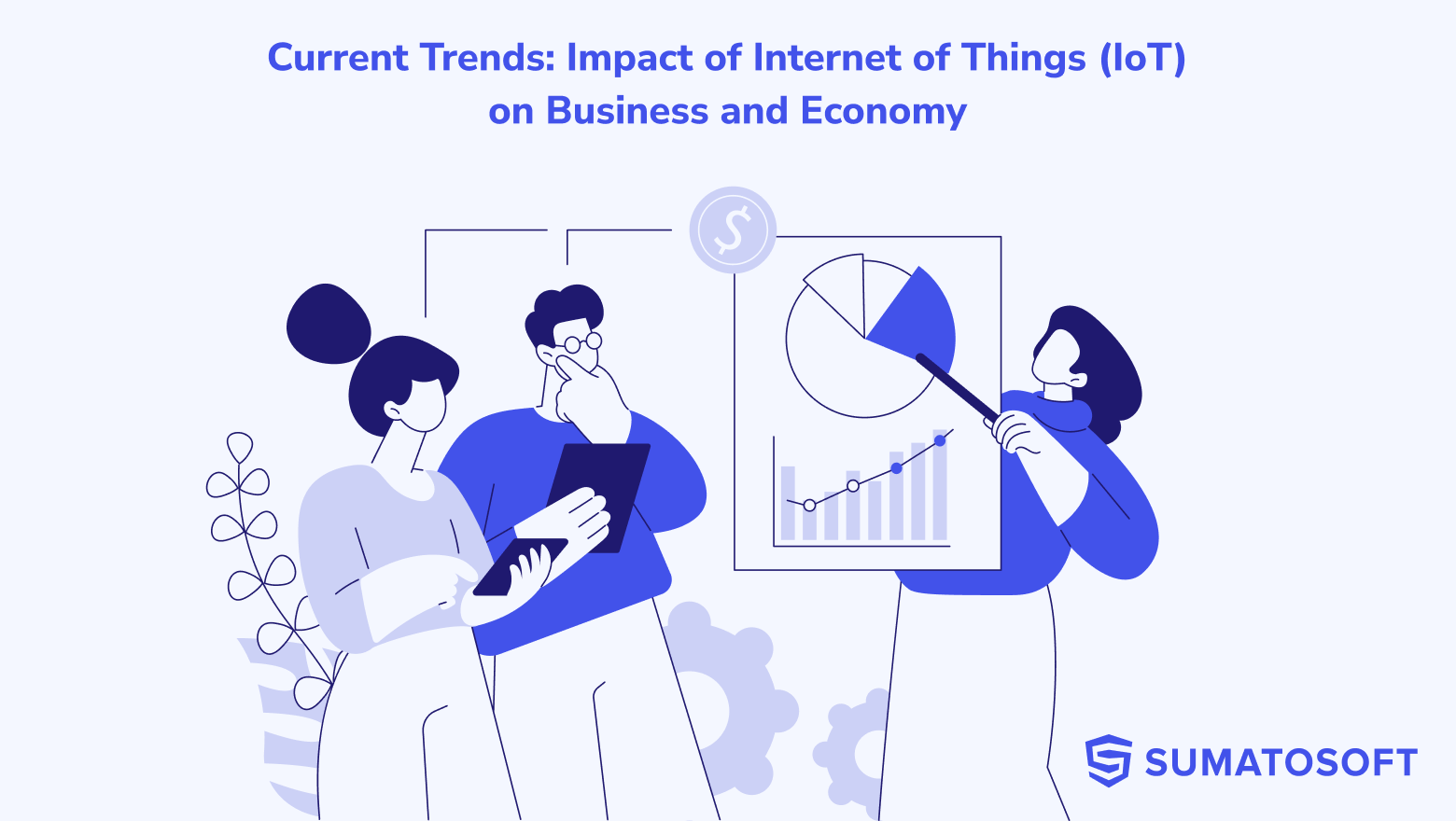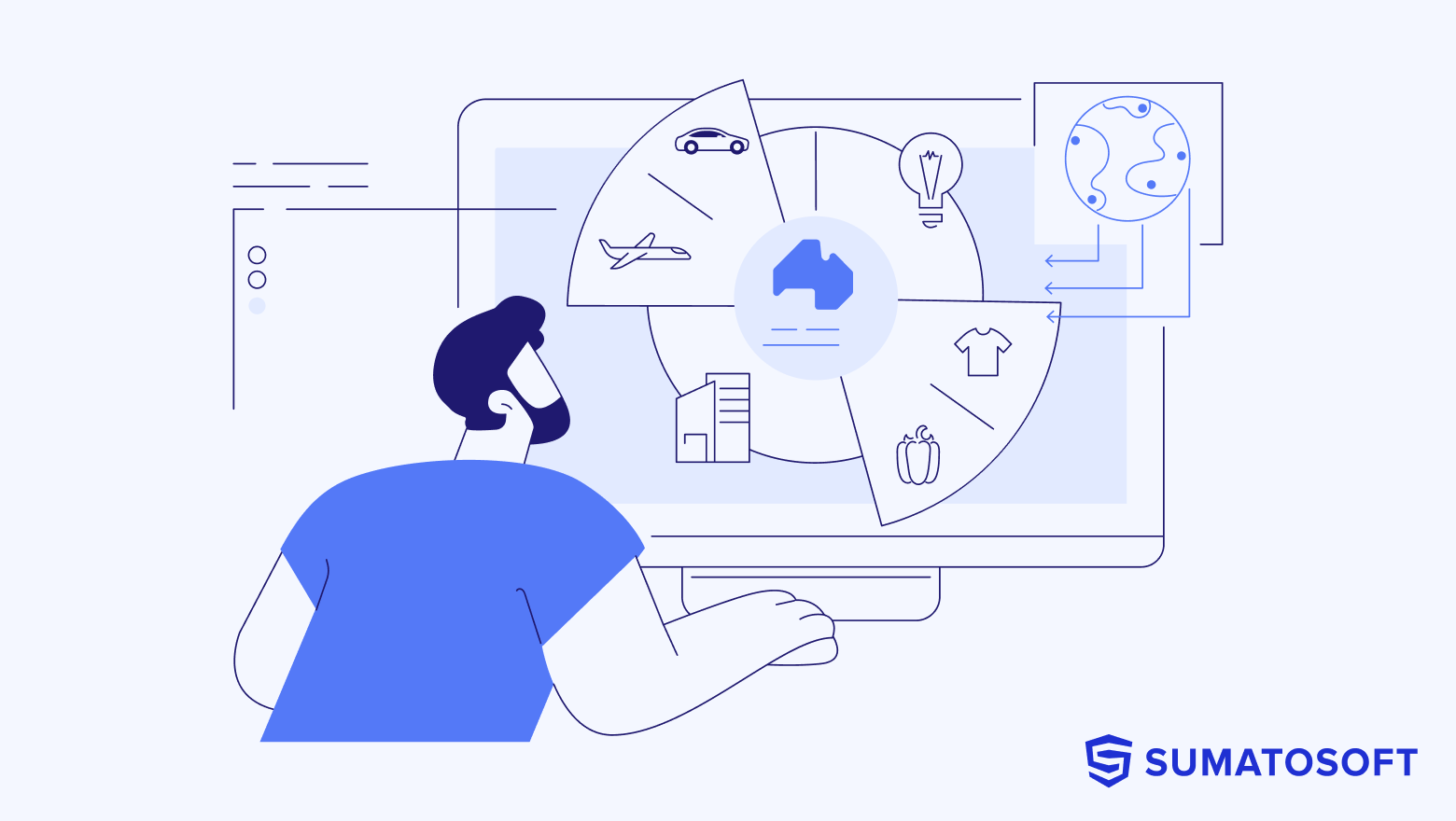Internet of Things in Logistics Development
IoT in logistics: current situation and forecasts
The IoT adoption in logistics continues while big players build IoT ecosystems for their fleets, and small companies try to keep up. Let’s speak numbers:
- Global IoT transportation and logistics spending has increased fourfold since 2015, reaching approximately $50 billion in 2024. – Statista
- Major players that implemented IoT are DHL, Maersk, UPS, Amazon.
- The area of IoT implementation are route planning, shipment tracking in real-time, monitoring transportation conditions, on-road optimization and navigation, warehouse automation.
- IoT adoption levels are reaching a high level of maturity, with 72 percent of transport and logistics businesses having now fully deployed at least one IoT project – Inmarsat.
- Emerging technologies such as autonomous vehicles, drone deliveries, and AI-driven analytics are shaping the future of logistics. The world is adapting to them by establishing new standards and regulations like standards for safety for autonomous vehicles, new traffic laws, creating flight restrictions, and more.
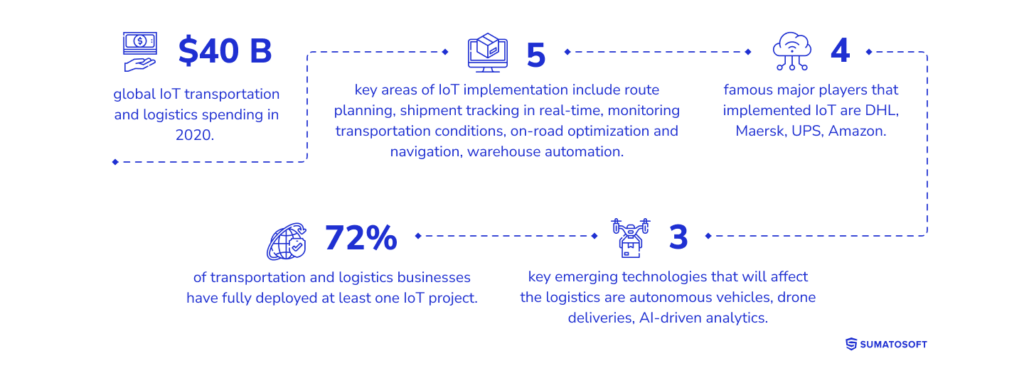
Challenges in logistics
The hurdles in logistics extend across three key domains: the adoption of IoT for logistics, the quest for operational excellence amidst rising consumer demands, and the broader logistical complexities that span from increased global demands to environmental considerations.
IoT adoption challenges
- Protecting sensitive information from breaches as more devices get connected.
- Ensuring new IoT technologies work seamlessly with existing legacy systems.
- Finding and training employees who can manage and leverage IoT technology effectively.
- Managing the initial financial outlay required to adopt IoT solutions for logistics.
Operational challenges
- Providing accurate and timely tracking information for goods in transit.
- Adapting logistics routes dynamically in response to traffic and delivery updates.
- Automating and accurately managing stock levels to reduce shortages and overstock.
- Monitoring the condition of goods throughout the supply chain to prevent spoilage or damage.
General logistical challenges
- Keeping pace with rapid advancements and integrating new technologies into logistics processes.
- Reducing the carbon footprint of logistics activities and promoting green practices.
- Ensuring the supply chain can withstand and quickly recover from disruptions.
- Navigating the complex web of local and international regulations governing transport and logistics.
How logistics benefits from IoT
Increase operational efficiency
Using IoT for logistics allows for the seamless gathering and analysis of data across various points of the supply chain. This real-time information leads to synchronized operations, reduced idle times, and streamlined management processes, ultimately boosting efficiency and reducing operational costs.
Reduce traffic congestion
IoT systems offer improved traffic management by providing real-time data on fleet locations, enabling better scheduling and reducing traffic congestion. This benefits logistics operations and contributes to smoother traffic flow for all.
Speed up goods loading/unloading
With RFID technology, the content of parcels can be instantly identified upon arrival, leading to more efficient loading/unloading processes, faster invoicing, and accurate reporting, which in turn speeds up freight turnover.
Enable location tracking and precise delivery time
Real-time vehicle location tracking through IoT for logistics provides accurate delivery times and allows for informed scheduling, improving the reliability and efficiency of the shipping process.
Increase driver safety
Real-time geolocation via IoT for logistics increases driver safety by ensuring constant communication and the ability to respond quickly to accidents or irregularities.
Bring full transparency across the shipping process
IoT provides a detailed view of the shipping process, ensuring transparency and peace of mind for both distributors and consumers.
Autonomous inventory system
IoT is paving the way for automated warehouses, where systems can scan, track, and manage inventory with minimal human intervention.
Monitor goods condition
IoT sensors continuously monitor the conditions of sensitive goods during storage and transportation, ensuring that they remain within recommended parameters.
Monitor truck health
IoT facilitates predictive maintenance by using sensors to monitor vehicle health, thereby preventing breakdowns and reducing maintenance costs.
Enable green logistics
IoT for logistics helps measure and manage resource consumption and emissions, leading to more sustainable and environmentally friendly logistics practices.
Optimize last-mile delivery
IoT devices can streamline the final leg of delivery by providing real-time data on traffic conditions, customer availability, and delivery windows, leading to fewer failed delivery attempts and improved customer satisfaction.
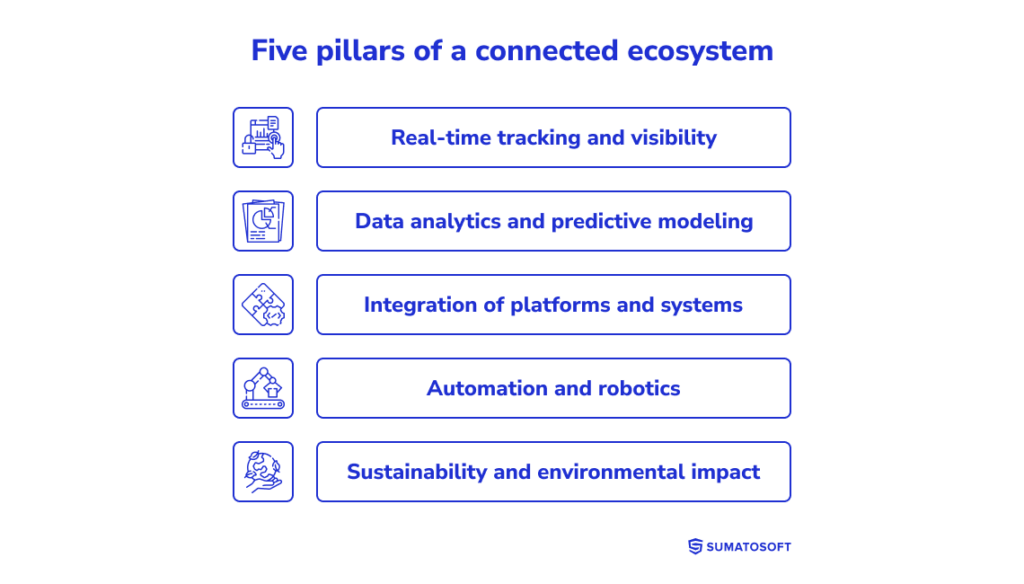
IoT applications in logistics we can develop
| Asset tracking | Utilizing IoT sensors and GPS technology to monitor the location and condition of assets in real time. This includes tracking vehicles, containers, and individual packages, ensuring they move along the intended route and identifying any delays or deviations. |
| Environmental monitoring | Implementing sensors that monitor conditions like temperature, humidity, and pressure which is particularly crucial for sensitive goods like pharmaceuticals, perishable foods, or chemicals. These sensors help in maintaining the quality and integrity of products during transit. |
| Fleet management | Leveraging IoT for logistics allows to collect data on vehicle performance, fuel usage, and driver behavior. This information can be used for optimizing routes, scheduling maintenance, improving fuel efficiency, and enhancing overall fleet performance. |
| Inventory management | Automating inventory tracking through IoT-connected systems. These systems can provide real-time data on stock levels, location, and movement, reducing manual errors and improving warehouse efficiency. |
| Predictive maintenance | You can use IoT for logistics to monitor the condition of equipment and vehicles, predicting when maintenance or repairs are needed. This proactive approach prevents breakdowns and extends the lifespan of the assets. |
| Smart logistics hubs | Developing centralized control towers or hubs equipped with IoT technology to manage and monitor logistics operations. These hubs can analyze vast amounts of data from various sources to optimize the supply chain. |
| Connected last-mile delivery | Utilizing IoT for optimizing last-mile delivery, including the use of smart lockers for secure and convenient package delivery, and integration with customer devices for improved delivery scheduling and communication. |
| Wearable technology for staff | Implementing wearable IoT devices for warehouse staff or drivers to improve safety, communication, and efficiency. These devices can provide hands-free access to information, assist in navigation, and monitor health and safety conditions. |
How we can help
Custom IoT solution development
SumatoSoft specializes in creating tailor-made IoT solutions for logistics. This includes developing tracking systems, environmental monitors, or maintenance prediction tools, all designed to fit each Client’s unique requirements.
Integration services
Our team integrates IoT technologies with modern and legacy logistic systems, ensuring seamless connectivity between various devices and software. This integration facilitates efficient data flow and operational coherence, enhancing overall supply chain management.
Data analytics and insights
SumatoSoft excels in analyzing the massive data sets generated by IoT devices. We build software that processes, analyzes, visualizes, and interprets the data so you can optimize logistic operations, monitor your fleet, and make informed decisions.
Enhanced security measures
SumatoSoft prioritizes the security and integrity of data in logistics IoT solutions. We ensure compliance and robust protection by adhering to international standards such as GDPR and ISO 13485. Our comprehensive security strategy includes robust monitoring and logging for activity transparency, secure OTA updates, firmware integrity checks to prevent tampering, and data encryption.
User training and support
SumatoSoft is dedicated to supporting clients beyond the initial launch of their logistics solutions. We understand the dynamic and evolving nature of the logistics industry and offer continuous education and support. This includes comprehensive user training sessions to maximize the effectiveness of our IoT solutions, responsive technical support for any queries or issues, regular software updates to keep systems optimized and secure, and practical device maintenance tips.
Sustainability consulting
With a growing emphasis on eco-friendly practices, SumatoSoft offers consultancy on utilizing IoT for sustainable logistics operations. This includes optimizing routes for fuel efficiency, reducing carbon emissions, and implementing green practices in supply chain management. We consult on the technologies and the system architecture to reach both your business and sustainability goals with maximum efficiency.
Continuous improvement and upgrades
SumatoSoft continually updates its IoT solutions with the latest advancements in the field. This commitment ensures that Clients always have access to cutting-edge technology, keeping them ahead of the competition in the logistics industry.
About SumatoSoft
SumatoSoft has been delivering IoT software development services since 2012, delivering custom enterprise software and developing MVPs for startups to gain a competitive advantage and improve their efficiency, effectiveness, and profit through business digitalization.
The SumatoSoft team has built 250 custom software solutions for 27 countries for 11 industries. After more than 13 years on the market, the company became a reliable technical partner to its Clients, demonstrating a 98% Client satisfaction rate with the quality of services they provide. Contact us to get a free quote for your project.
Let’s start
If you have any questions, email us info@sumatosoft.com

